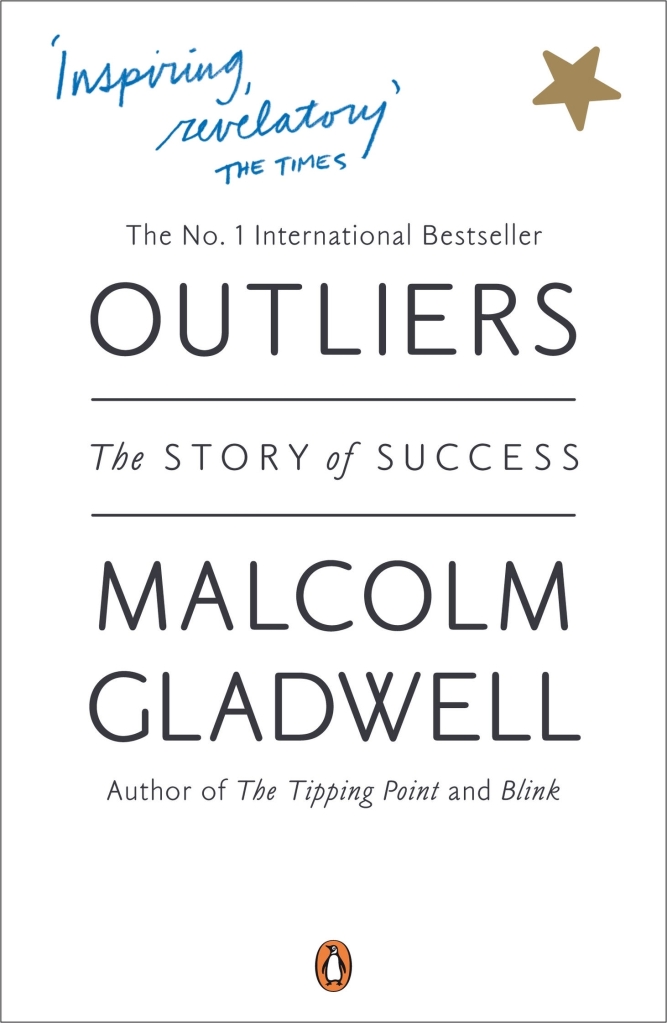
Have you ever wondered why some people become more successful than others, that is depending on how you define success. Some people may attribute certain traits, habits or luck of an individual to their success. But in his book ‘Outliers: The Story of Success’, Malcolm Gladwell attempts to show that success can often be influenced by the systems that run our society. One can define an outlier as “something that is situated away from or classed differently from a main or related body”. He describes several examples that will make you question how much power we actually have in determining the success of our future.
Gladwell’s first example reveals the systems used to select national sporting teams around the world, and how some children have an advantage due to their birthday. For example, in Canadian hockey it was noticed that the majority of players in elite teams have a birthday falling in January. Is it coincidence that the cut off age for each junior grade is at the beginning of the year? When these successful individuals were selected by sporting scouts, they were older than the others born later in the year, and consequently had slightly more time in their life to develop their abilities. This phenomenon has also been noticed in other elite sporting teams around the world, and suggests there is no coincidence between athletes born at the start of a season and their level of success.
Following on from the previous example is the 10,000 hour rule. Gladwell explains studies showing that 10,000 hours is the magic amount of practice required to master a skill. For example, Bill Gates was fortunate enough to have access to a computer as a teenager, and took advantage of this opportunity to learn and practice his coding skills, which led to his success today. There is a correlation between when wealthy individuals were born and big transformations throughout history. These individuals embraced opportunities to master a skill, and in Bill Gates’ case, he was prepared to take advantage of the computer revolution.
The IQ of an individual is often correlated with success, but there is evidence to prove otherwise. Data has shown that after a certain threshold of IQ, it does not always equate to high achievements such as winning a Nobel Prize. Gladwell describes stories showing that rich or poor upbringings can determine the environment you are brought up in, consequently affecting your personality and how you react in certain situations. For example, children with an encouraging upbringing tend to speak up and have a feeling of entitlement to be heard, further increasing their chances of being presented opportunities, leading to success.
There is often the stereotype that Asian people are good at mathematics, which is statistically true and should not be mocked, but celebrated. Studies have shown that mathematical abilities are not innate, but can be determined by an individual’s level of persistence. Research has demonstrated that this trait is engrained in many Asian cultures stemming from farming rice, which requires long hours, hard work and most importantly, persistence. Gladwell’s example shows that traits, once again learnt from one’s environment, can contribute towards abilities such as mathematics.
Through discussing various theories and examples, Gladwell does a great job at developing our understanding of outliers. This book helps to stimulate ideas on how to embrace your potential skills and opportunities to make your own success. As Gladwell perfectly states , “Their success is not exceptional or mysterious. It is grounded in a web of advantages and inheritances, some deserved, some not, some earned, some just plain lucky- but all critical to making them who they are. The outlier, in the end, is not an outlier at all.”
Are you interested in learning more by reading this book?
